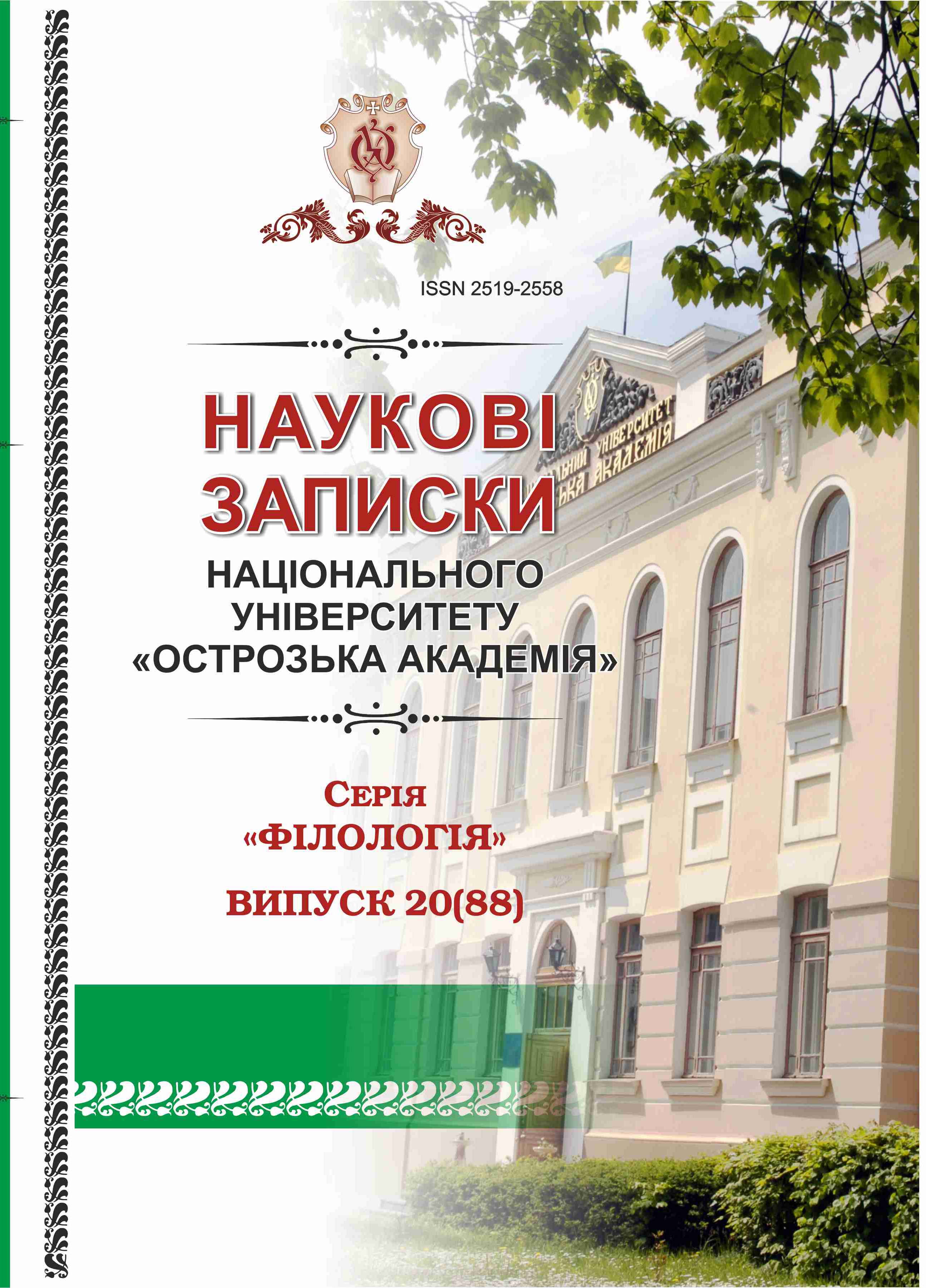METACOGNITIVE APPROACH IN STUDENTS’ LEARNING ACTIVITIES
Keywords:
Metacognition, Metacognitive awareness, Knowledge about Cognition, Regulation of Cognition, Metacognitive control, Academic achievementAbstract
The article analyzes the research devoted to the search for effective ways to implement educational activities. Particular attention is paid to the study of metacognition. The main components are defined as metacognitive monitoring, metacognitive control, metacognitive awareness, self-regulation, awareness, metacognition. Metacognitive monitoring is a kind of self-observation, while metacognitive control is the process of performing certain actions, taking measures, using strategies based on information obtained from metacognitive monitoring. The views of such authors as Koriat, Goldsmith, Schneider, Nakash-Dura, Schraw & Dennison, Dr. Neena Sawhney1, Dr. Sneh Bansal and many others are cited. Metacognitive control, in combination with metacognitive monitoring judgments, such as judgments of insufficient knowledge, determines factors such as time planning and allocation, the use of effective strategies, and the degree of time that will be devoted to attempting to retrieve needed information from memory. More general questions in the study of metacognitive control include the extent to which we actually control the choice of cognitive control strategies, as well as the influence of interest and prior knowledge on metacognitive control strategies.

